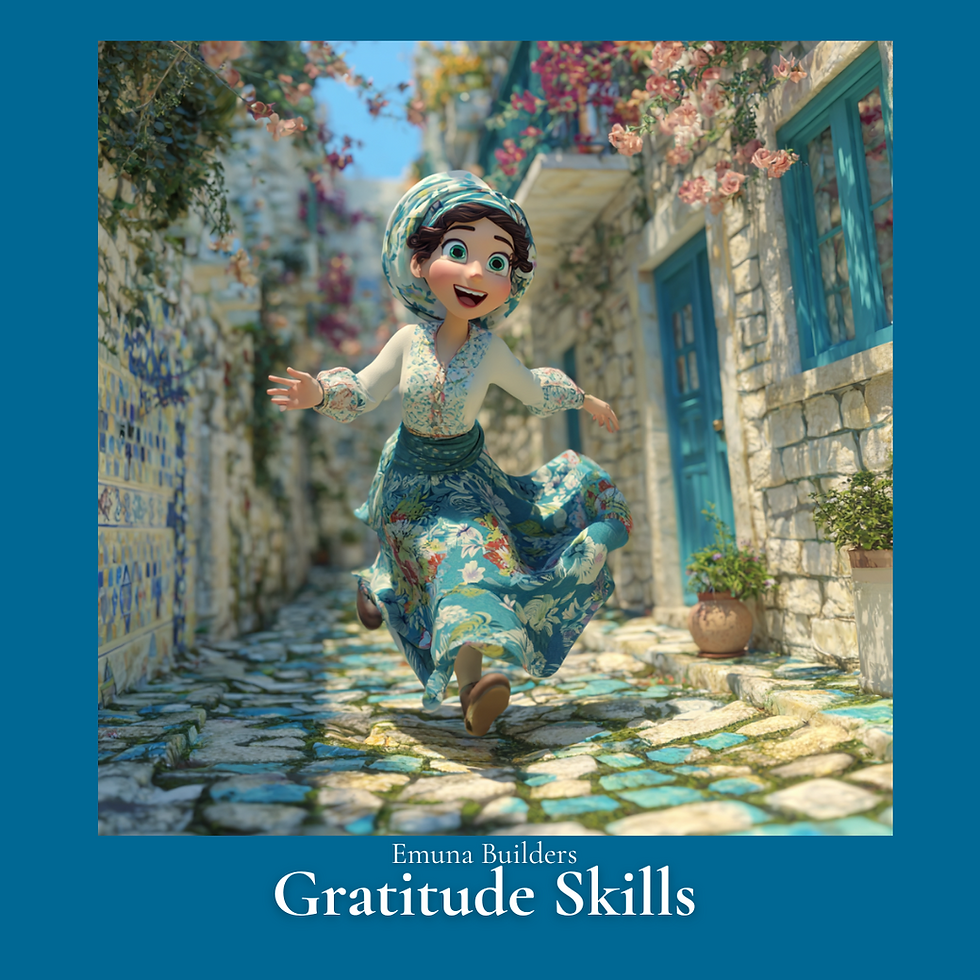- Esther Nava

- Jul 23, 2025
- 1 min read

Gratitude isn't just a warm feeling—it’s a neuroscience-backed strategy for better well-being.
If you're feeling stuck, disconnected, or overwhelmed, try this:
“3 Good Things”
At the end of each day, write down three things that went well—and why.
Gratitude Journal
Daily journaling boosts mood, lowers stress, and improves sleep.
Research shows these simple practices build emotional resilience and strengthen relationships—personally and professionally.
